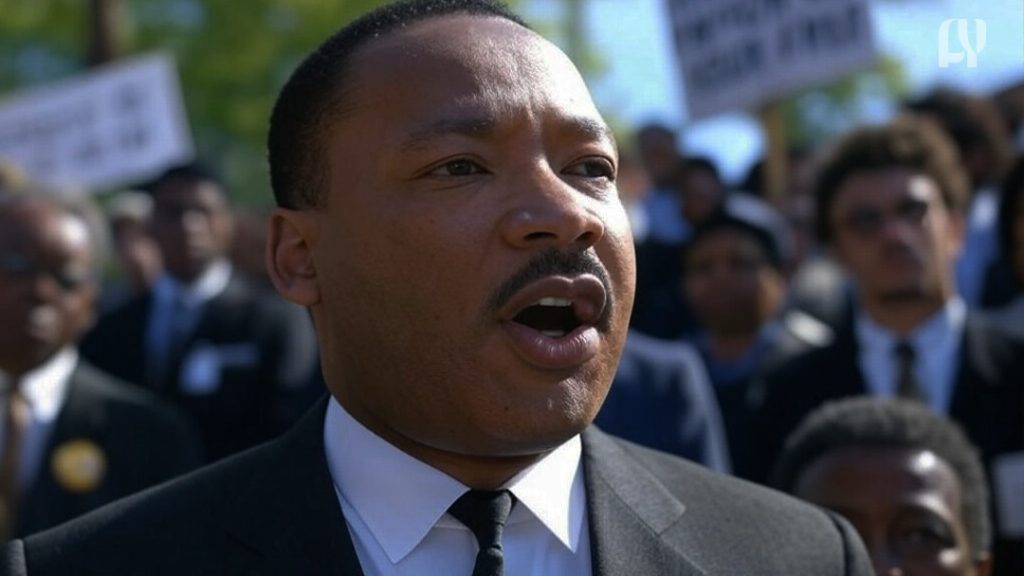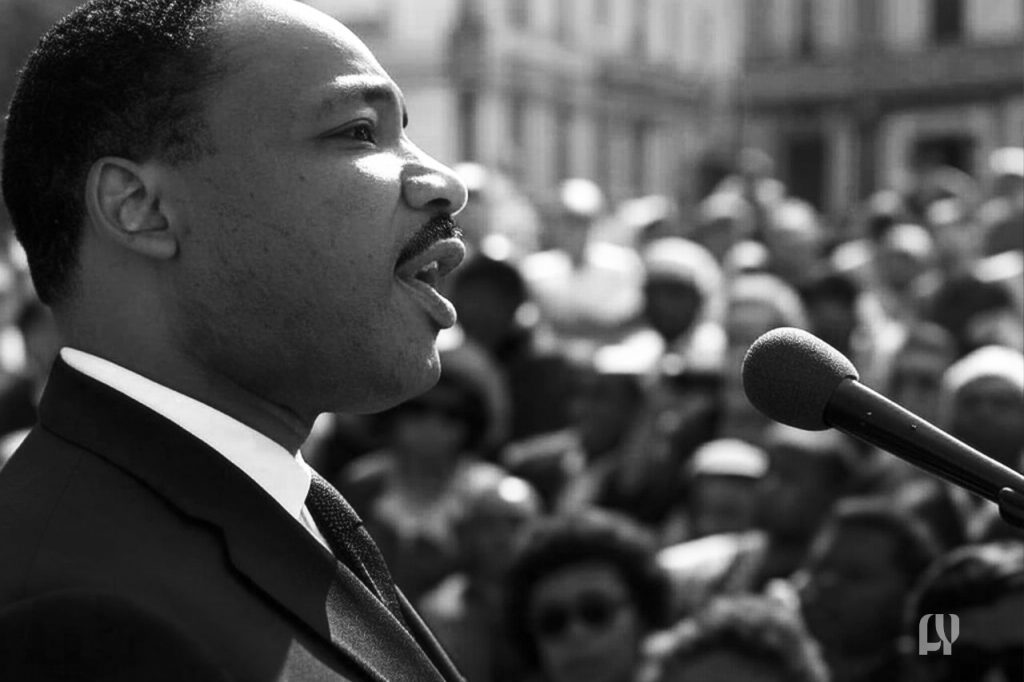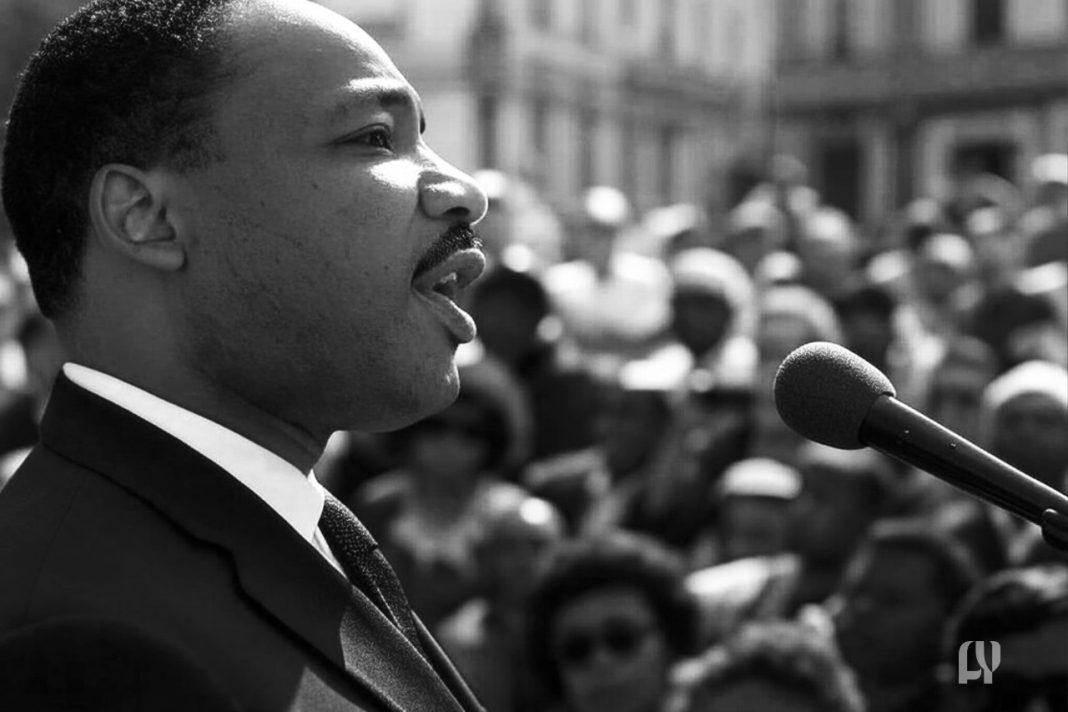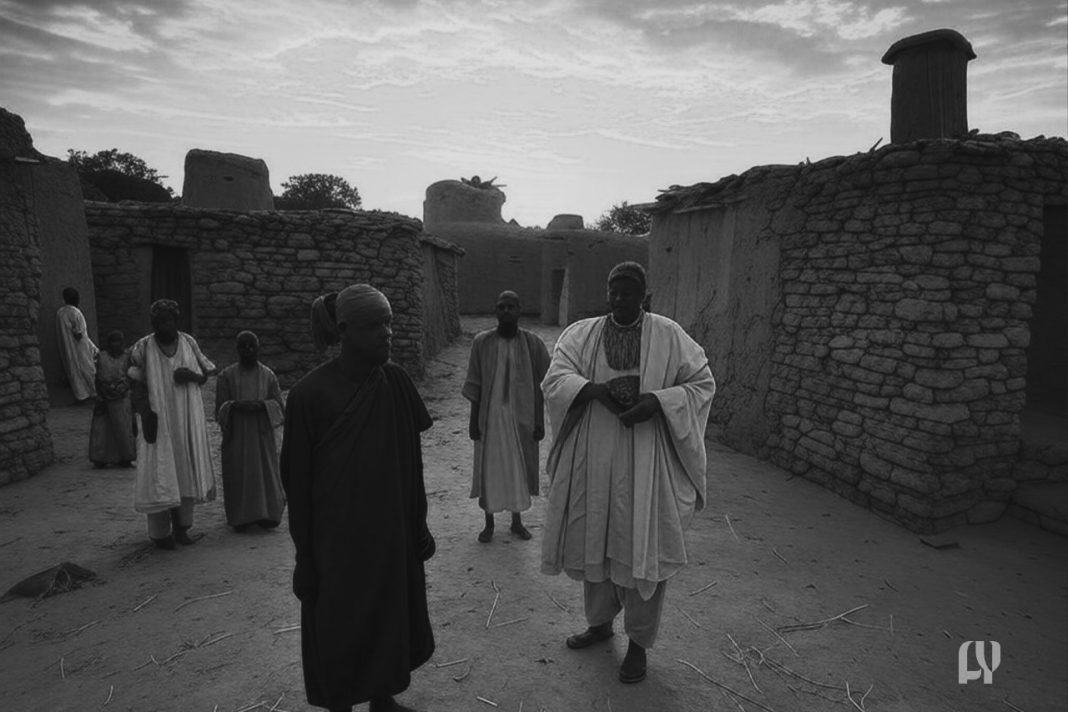The Enduring Light of Martin Luther King Jr.: A Journey Through Justice, Courage, and Hope
A Voice That Shook the World
Dr. Martin Luther King Jr. remains a towering figure in the fight for equality, a man whose words and actions reshaped the 20th century. He was born into a world divided by race. He rose from the streets of Atlanta to global stages. He championed nonviolence in a battle against oppression. His life was cut short at 39. Despite this, his legacy burns brightly. It inspires millions to believe in justice and unity. It shows the power of standing up without raising a fist.
- Early Life and Roots: The Making of a Leader
- Education and Early Calling: From Morehouse to Ministry
- The Spark: Montgomery Bus Boycott and the Birth of a Movement
- The Philosophy: Nonviolence as a Weapon
- The Dream: March on Washington and Iconic Speech
- Expanding the Fight: Vietnam and Economic Justice
- The Final Days: Assassination and Mourning a Prophet
- Legacy: A World Transformed
- Personal Side: Family, Faith, and Humanity
- Conclusion: The Drum Major for Justice
- FAQs About Martin Luther King Jr.
Early Life and Roots: The Making of a Leader
Martin Luther King Jr. entered the world on 15 January 1929 in Atlanta, Georgia, as Michael King Jr.—a name shared with his father, a Baptist preacher. In 1934, his father visited Germany. He was moved by the Protestant Reformation leader Martin Luther. This experience led him to rename himself and his son. Young Martin grew up in the Sweet Auburn neighbourhood. It was a hub of Black excellence. Yet, it was also under the shadow of segregation.
His parents, Alberta Williams King and Rev. Michael King Sr., instilled in him both faith and defiance. Alberta taught him dignity in the face of racism, while his father’s fiery sermons against injustice shaped his moral compass. A young Martin once wept. His friend’s mother banned them from playing together. It was his first brush with hatred. Yet, his family’s resilience taught him to “love the sinner, hate the sin.”
Education and Early Calling: From Morehouse to Ministry
A gifted student, King skipped two grades, starting at Morehouse College at 15. There, mentors like Dr. Benjamin Mays, a civil rights activist, deepened his understanding of faith’s role in social change. After earning a sociology degree, he studied theology at Crozer Theological Seminary in Pennsylvania. There, he encountered Gandhi’s philosophy of nonviolent resistance. Later, at Boston University, he earned a doctorate in systematic theology, refining his belief that love can dismantle injustice.
We must meet hate with love.
In 1953, he married Coretta Scott, a music student and activist. They settled in Montgomery, Alabama, where King became pastor of Dexter Avenue Baptist Church. Little did he know, a quiet seamstress named Rosa Parks would soon thrust him into history.
The Spark: Montgomery Bus Boycott and the Birth of a Movement
In December 1955, Rosa Parks refused to surrender her bus seat to a white passenger. King, just 26, was chosen to lead the Montgomery Bus Boycott, a 381-day protest that ended segregation on public transport. His home was bombed, and threats poured in, but King urged calm: “We must meet hate with love.”

The boycott’s success propelled him to national prominence. In 1957, he co-founded the Southern Christian Leadership Conference (SCLC). This organisation united Black churches to fight segregation. They used peaceful marches, sit-ins, and voter registration drives.
The Philosophy: Nonviolence as a Weapon
King’s strategy drew from Gandhi, Jesus, and Thoreau. “Nonviolence,” he said, “is a powerful and just weapon. It is a sword that heals.” Even when police turned hoses on children or mobs beat protesters, he forbade retaliation. His “Six Principles of Nonviolence”—outlined by The King Centre—stressed courage, understanding, and reconciliation over fear or revenge.
This philosophy faced fierce tests. In Birmingham, Alabama, in 1963, King was jailed for protesting. There, he penned the “Letter from Birmingham Jail,” defending civil disobedience: “Injustice anywhere is a threat to justice everywhere.”
The Dream: March on Washington and Iconic Speech
On 28 August 1963, over 250,000 people gathered at the Lincoln Memorial. They were there for the March on Washington for Jobs and Freedom. King’s 17-minute speech reached its peak with the immortal refrain. He said, “I have a dream. My four little children will one day live in a nation. In this nation, they will not be judged by the colour of their skin. Instead, they will be judged by the content of their character.”
The speech galvanised support for the Civil Rights Act of 1964, banning racial discrimination. That same year, at 35, King became the youngest Nobel Peace Prize laureate.
Expanding the Fight: Vietnam and Economic Justice
By the late 1960s, King broadened his focus. He condemned the Vietnam War, calling it a “cruel irony” to send Black soldiers to defend freedoms denied at home. In 1968, he launched the Poor People’s Campaign, demanding economic equality for all races.
Critics accused him of straying from civil rights. King insisted, “True peace is not merely the absence of tension. It is the presence of justice.”
The Final Days: Assassination and Mourning a Prophet
On 4 April 1968, King was in Memphis, Tennessee, supporting Black sanitation workers’ strike. As he stood on the Lorraine Motel balcony, a single bullet struck his neck. The shooter, James Earl Ray, was captured months later, but conspiracy theories linger.
The arc of the moral universe is long, but it bends toward justice.
Riots erupted nationwide, but Coretta Scott King marched in Memphis days later, honouring his nonviolent creed. King’s funeral in Atlanta drew over 100,000 mourners.
Legacy: A World Transformed
King’s work bore fruit in laws like the Voting Rights Act of 1965, yet he knew the fight endured. Today, his birthday is a U.S. federal holiday, and his memorial in Washington, D.C., bears the inscription, “Out of the mountain of despair, a stone of hope.”
His children, including Martin Luther King III, continue his advocacy. Quotes like “The arc of the moral universe is long, but it bends toward justice” resonate globally. They echo from South Africa’s anti-apartheid struggle to modern movements like Black Lives Matter.
Personal Side: Family, Faith, and Humanity
A devoted father to Yolanda, Martin III, Dexter, and Bernice, King found joy in music and pranks. His Christian faith anchored him. Yet, he wrestled with doubt. He once confessed, “I am a sinner like all of God’s children.”
Conclusion: The Drum Major for Justice
King’s life teaches that courage is not the absence of fear but the triumph over it. As he urged in his final sermon, “We’ve got to give ourselves to this struggle until the end. Nothing would be more tragic than to stop at this point.” Though the road remains long, his dream—a world united in dignity—still lights the way.

FAQs About Martin Luther King Jr.
What was Martin Luther King Jr. famous for?
Martin Luther King Jr. was a Baptist minister and civil rights leader who championed racial equality and justice in the United States. He is best known for his role in the Montgomery Bus Boycott. He demonstrated leadership in the March on Washington, where he delivered the iconic “I Have a Dream” speech. He also advocated for nonviolent resistance to combat racial segregation and discrimination.
Why was Martin Luther King Jr. assassinated?
King was assassinated on 4 April 1968 in Memphis, Tennessee, by James Earl Ray. His assassination was widely seen as a try to silence the growing civil rights movement. King had been in Memphis to support a strike by Black sanitation workers. His broader efforts for economic justice made him a target. His opposition to the Vietnam War also made him a target for those who opposed his vision of equality.
What was Martin Luther King Jr.’s childhood like?
King grew up in Atlanta, Georgia, in a middle-class family. His father was a pastor, and his mother was a teacher. Despite the racial segregation of the time, his parents instilled in him a strong sense of self-worth and faith. As a child, he experienced racism firsthand, which later fuelled his commitment to fighting injustice.
What did Martin Luther King Jr. do to change the world?
King played a pivotal role in ending legal segregation in the United States through peaceful protests, speeches, and campaigns. His leadership led to landmark legislation like the Civil Rights Act of 1964 and the Voting Rights Act of 1965. His philosophy of nonviolence inspired global movements for justice and equality, including South Africa’s fight against apartheid.
What are some of Martin Luther King Jr.’s most famous quotes?
Some of King’s most memorable quotes include:
- “I have a dream that my four little children will one day live in a nation. In that nation, they will not be judged by the colour of their skin. They will be judged by the content of their character.”
- “Injustice anywhere is a threat to justice everywhere.”
- “The time is always right to do what is right.”
- “Darkness can’t drive out darkness; only light can do that. Hate can’t drive out hate; only love can do that.”
“Forever Yena” remembers Dr. King not as a saint but as a man who dared to change the world.




